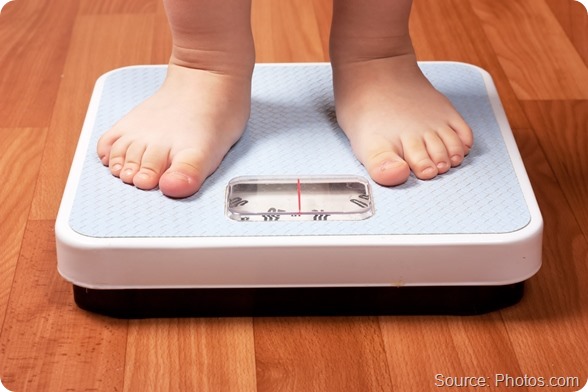The risk of children growing up into obese teenagers may be influenced by whether or not they were overweight as early on as 5 years old, report U.S. researchers.

According to a study published in the New England Journal of Medicine, nearly half of children who are overweight when they start kindergarten become obese by the time they reach the eighth grade.
"Our findings uncovered several important points by examining [obesity] incidence over time,” says lead author Professor Solveig Cunningham from Emory University in Georgia. “A lot of the risk of obesity seems to be set, to some extent, really early in life.”
Cunningham and team analyzed data available for almost 8,000 children from the Early Childhood Longitudinal Study conducted by the U.S. National Center for Education Statistics.
The children’s weight and height were obtained on seven occasions between 1998 when they were in kindergarten (aged 5 to 6) and 2007 when they were in the eighth grade (aged 13 to 14). The necessary adjustments were applied to the data set to ensure the sample was representative of the 3.8 million children who were starting kindergarten at the time in the U.S.
Overall, body mass index (BMI) calculations showed that 27% of the children were either overweight or obese when they started kindergarten. Specifically, 15% were overweight (BMI 85th to 94th percentile) and 12% were already obese (BMI 95th percentile or higher).
By time the children reached the eighth grade, the proportion who were overweight or obese had risen to 38%, with 17% classing as overweight and 21% as obese.
The team found that, of the children who were not already obese when they started kindergarten, the ones who were overweight were four times more likely than the normal-weight children to become obese by the time they reached the eighth grade, at 32% versus 8%.
"We have evidence that certain factors established before birth and during the first five years are important,” says Cunningham. “ Obesity-prevention efforts focused on children who are overweight by five-years-old, may be a way to target children susceptible to becoming obese later in life."